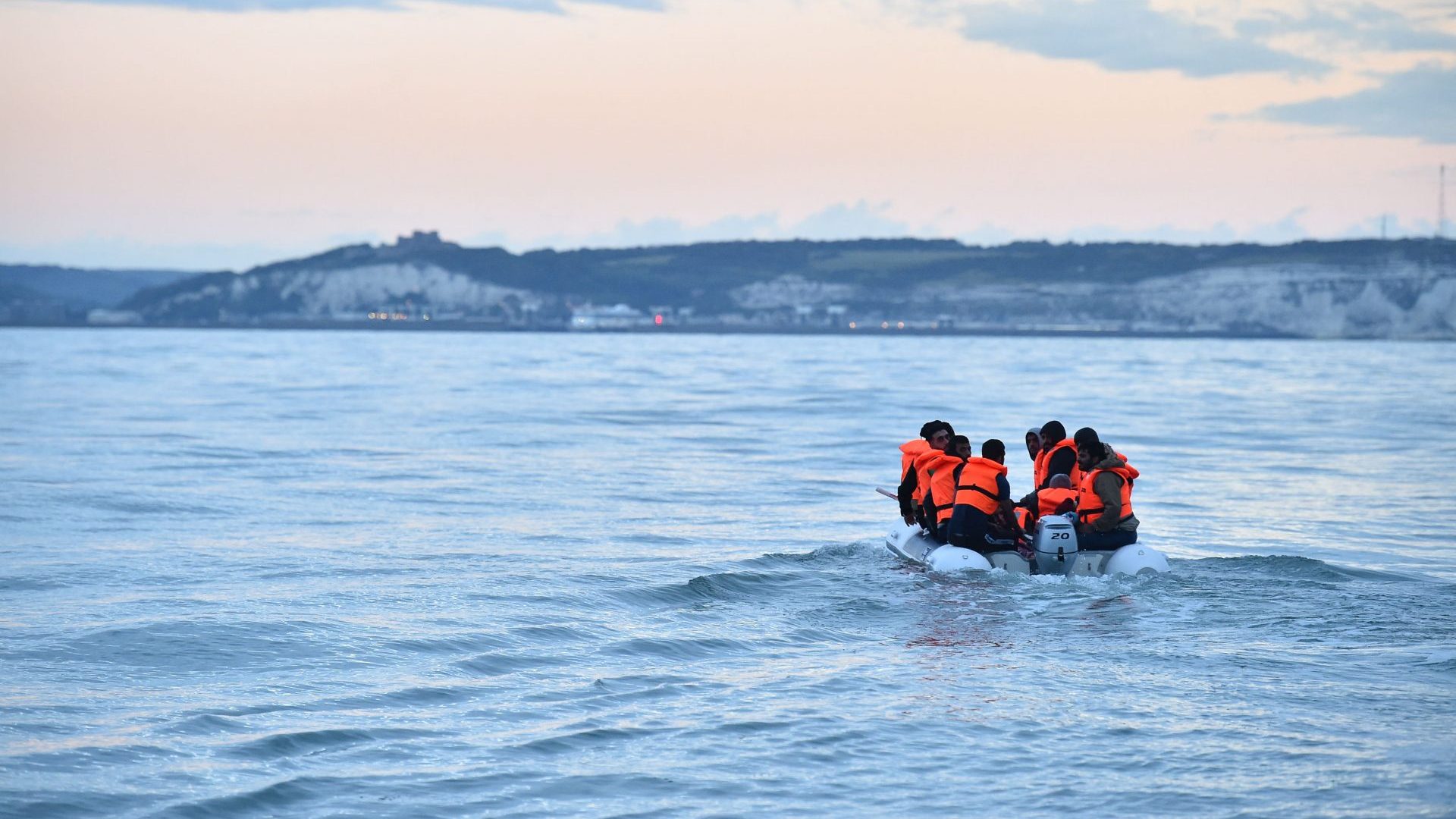If you are a young person from the UK keen to spend a few years living and working abroad – perhaps to escape the impact of the new post-Brexit import checks that are likely to make some foods disappear from our shelves and others much more expensive – it is not all doom and gloom.
You will be welcome to seek your fortune in a variety of countries including Iceland, San Marino and Uruguay. A visa will be required and job opportunities may be somewhat limited, but the British government has signed reciprocal deals to make these opportunities possible.
Australia, New Zealand, Canada and South Korea will also open their doors to you, though opting for any of those would limit most visitors’ ability to pop home for the occasional family gathering or birthday celebration.
Sadly, most European destinations closer to home are closed to those who want to experience living in another country. Last month the government turned down an offer that would have changed that and enhanced the lives of many members of the younger generation.
The reason given for refusing to even negotiate on the EU’s proposal for a youth mobility scheme sounds typically, stupidly, stubborn: “Free movement within the EU was ended [by Brexit] and there are no plans to introduce it.”
The concept of free movement is toxic to the Conservative Party’s right wing, but the EU was not proposing restoring it. The proposal was for a time-limited, visa-dependent scheme that would definitely not involve family members tagging along. It was, in fact, not dissimilar to the scheme that the government has been trying, without success, to negotiate with some individual members of the EU.
Prime minister Rishi Sunak simply did not want to be agreeing such a deal with the bloc the country chose to leave in 2016; never mind that surveys said that of the under-24s who voted in the referendum, 73% did so for Remain. Yet again, the UK’s young people are having to pay the price for a decision they would never have supported.
Disappointingly, the Labour Party was quick to say that it would similarly spurn the EU offer. That attitude may soften once it is in power but, for now, Keir Starmer is hyper-cautious, conscious of how any move that might be spun as a step towards free movement might alienate potential Red Wall voters in the election.
Sunak’s stubbornness bemuses some political analysts. His determination to press on with the hugely expensive Rwanda deportation project delivered a nominal victory when the House of Lords dropped its opposition to the ludicrous Safety of Rwanda bill.
The idea that the British parliament can simply declare a country “safe” for it to be so is clearly nonsense, but it is now enshrined in the statute book. It is such an affront to international law and common sense that even election-conscious Labour, scared of frightening the horses, has pledged to repeal it.
Irrespective of its many other egregious failings, this dire legislation will just not be successful. Details of how the deportations of illegal immigrants will actually work remain scant, but the fact is that the boats that Sunak pledged to stop with the Rwanda deterrent have been coming across the Channel in greater numbers than ever.
The government’s explanation that the rush is driven by a wish to reach the UK before the Rwanda scheme gets under way is arrant nonsense. Those risking so much by boarding the boats have strong reasons for wanting to reach the UK, including joining relatives and speaking the language. Even if they know about the potential of deportation to Rwanda, it does not outweigh their desire to get to the UK.
Yet Sunak has put so much of his meagre political capital in the Rwanda boat that one has to doubt whether he has any political nous at all. It might originally have been seen as a way to appease the agitating far right of the Tory Party but, once the project is demonstrably failing with only tiny numbers, if any, being flown to the “safe” country, and the cost continuing to mount, that same right wing will want to deport him from No 10.
To shore up his position, Sunak has pledged to increase defence spending by £75bn by 2030. Put aside the fact that he will be gone from Downing Street and probably lucratively settled in Silicon Valley by 2025. Just look at how he proposes to fund this increase, which had actually been mooted by his predecessor-but-one, Boris Johnson.
Sunak says he is going to get the cash by cutting back the number of civil servants to pre-Brexit levels. Governments in search of funds turn to the civil service with such regularity that it really should be extinct by now. Promises to scale it back or make it more efficient seem to be the first resort of administrations keen to demonstrate how they will pay for their latest big idea.
Sunak went there as recently as October, pledging to return to pre-pandemic levels. The numbers have yet to shrink. They shot up from 384,230 to 502,710 (full-time equivalent) between June 2016 and December 2023.
Coping with the Covid outbreak was partly responsible, but there was an earlier and more persistent driver: Brexit. The Department for International Trade did not exist before the referendum but, by the time it merged into the Department for Business and Trade, it employed 4,000 people. The Department for Environment, Food and Rural Affairs has almost doubled in size after having to take on regulatory roles that used to be delegated to EU agencies.
It may be that there is scope for the civil service to be more efficient – most organisations could be. But Brexit has increased its workload just as the Rwanda scheme has added to the demands on the Home Office.
So perhaps the Daily Mail and the increasingly strident anti-Starmer Times could pause their obsession over whether or not Angela Rayner should have paid a few thousand pounds in capital gains tax, and start asking the prime minister how he is really going to fund an extra £75bn on defence.




